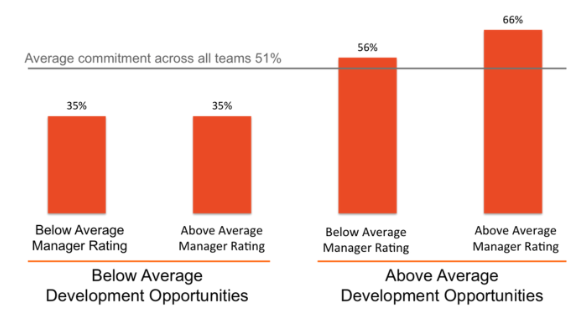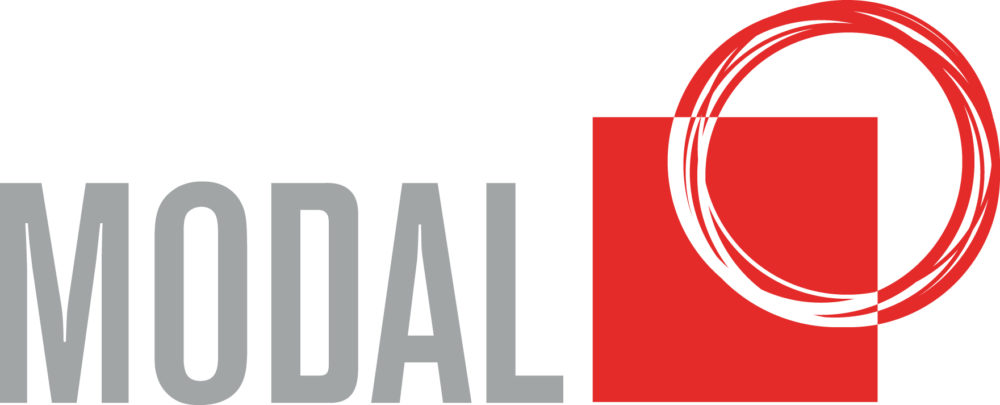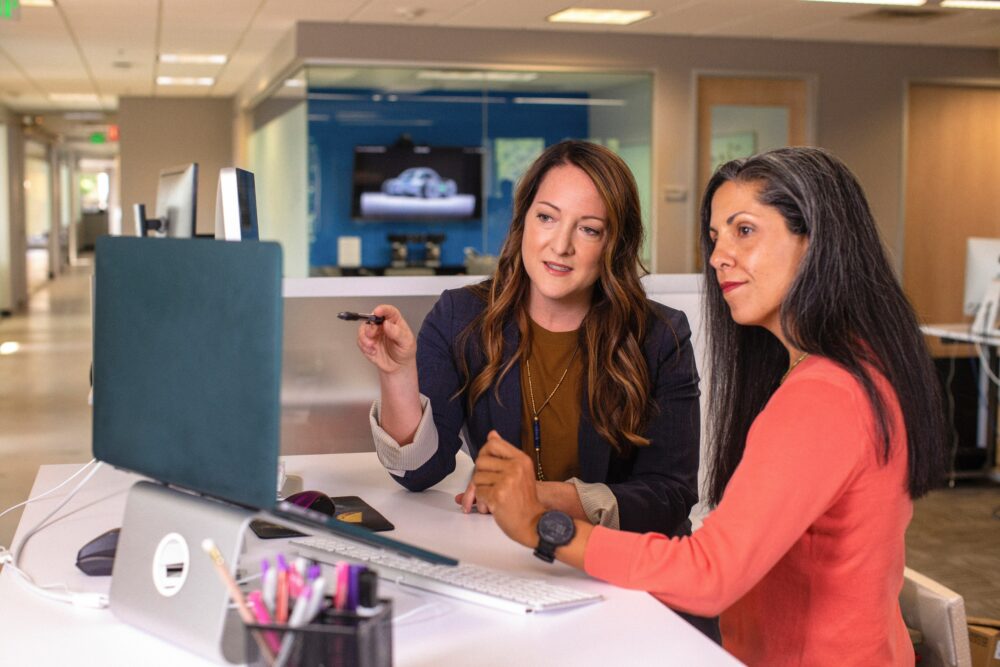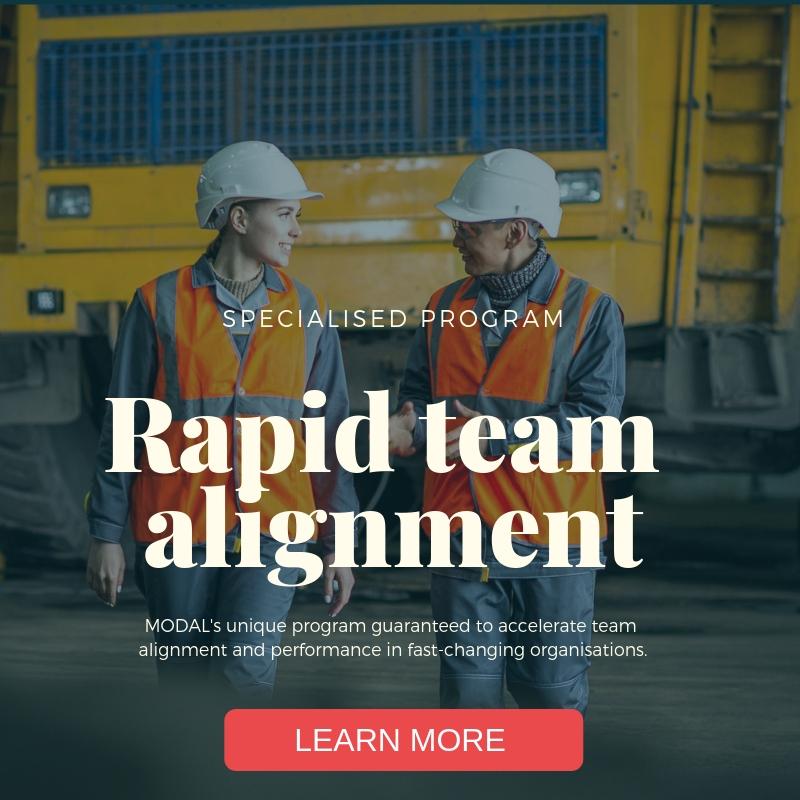According to the latest research from Gallup only 21% of employees are actively engaged at work and 33% of employees are thriving in their overall wellbeing. Over half would say that they don’t find their work meaningful, don’t think their lives are going well or don’t feel hopeful about their future. Additionally, the research shows that stress levels for employees has reached an all time high.
What does this mean for organisations and leaders?
The results of how employees are feeling means they are more likely to be looking for new opportunities elsewhere where the stress is less, the work more meaningful, culture more enjoyable, where they feel they are valued and growing. The flow on from this is increasing challenges again around attraction and retention related to an employees experience at work. With a finite pool of top talent available, organisations have to think differently not only about how they can keep their best people but also how they can provide development for the ones that are less experienced, or not yet performing to expectations.
In addition, managers and leaders are increasingly time poor and overwhelmed with their own workloads. This can have a significant negative impact on the employee experience as managers have less time to spend with their people and are often not in the best headspace when they do. This not only provides a risk to sustained organisational performance but also people leaving to find greener pastures somewhere else.
Better equipping leaders to impact the employee experience
In order to improve the employee experience and increase retention, people need to believe:
- I feel understood and connected (even when working from home)
- I am growing here
- I am valued and appreciated
In order to attract new employees who are a great fit for both the role and the organisation’s culture, people are looking to have their needs met, which includes:
- We help you feel included when you are new and connected when you are remote
- We help you play to your strengths and contribute more
- We give you personally curated learning and great coaching
Research by Culture AMP across 175 teams in different organisations, shows that the percentage of people whose decision to leave an organisation was driven by a manager or pay was roughly even at 12% and 11% respectively. Leadership was more than double that at 28%. Development opportunities came in at a whopping 52%, dwarfing the other factors as the primary factor for deciding whether to leave.
They also split managers into two cohorts – above-average and below-average. Then, they cross-referenced these two cohorts against organisations with above-average and below-average development opportunities. This is where things get really interesting:
The impact of good management (controlling for development opportunities)

As you can see above, management does impact the level of commitment – as long as there are good development opportunities. But in companies with below-average opportunities, the difference in commitment between people with good managers and those with bad is… zero.
So development, especially for Gen Y and Gen Z employees is critical to their experience and wanting to stay.
Therefore it’s important to provide all employees with development opportunities, as well as make it easy for managers to become better leaders, despite their increased levels of busyness.
Democratising access to meaningful development that improves performance – Paul Findlay CEO
REACH Ecosystem – a modern, data-led approach to capability and culture development
MODAL has looked at a number of tools that can help managers and organisations simplify development that is tailored to individuals and teams, is data driven, and automated to help managers save time.
One of the more effective tools we have come across is the REACH Ecosystem. it is a unified people development ecosystem that is simple to use, easy to implement and helps you keep the learning momentum going within your organisation.
The REACH Ecosystem simplifies, improves performance and identifies development opportunities for individuals, team and organisations.
This cloud based innovative set of tools provides infinite use of psychometric profiles, 360s and culture surveys. It allows for instant action to improve growth with unlimited use of Corporate Training and personalised Coaches Packs. It provides automated training plans for individuals which include micro learning modules that people and teams can access at their own pace.
The REACH Ecosystem also allows a measurement of people’s ‘REACH quotient.’ This measures agility to adapt to the needs of different people, situations and tasks.
REACH provides clear insights into agility, preferences and skills of:
- Individual Contributors
- Leaders
- Organisational Behaviours that Impact Engagement
You can measure the initial baseline ‘agility’ score of an employee and then re-measure it again in the future. This allows leaders to understand how adaptable their people and teams currently are, which has consequences for embracing change, resilience and improving performance. Improvements in REACH quotients for individuals and teams are an indicator of an organisation’s or department’s ability to adapt.
The REACH Ecosystem is accessed on a smart subscription model that reduces costs by about 80% compared to using multiple individual tools that only provide a piece of the complete professional development solution.
REACH is designed to :
- Be accessible to managers and general employees
- Provide an automated system to search people via their strengths and capabilities e.g. when looking to assemble a project team
- Allow managers have access to their employee profiles to understand their strengths and are provided with strategies of how to work with that person
- Be personally curated, fully automated learning dashboard – initially new employees receive it in a batch including microlearning, quick tips, recommendations for meetings, group training workshop
- Provide leaders with personalised coaching programs for their team members (run over a 26 week period) based on GROW model and their strengths and development opportunities
- Automation and APIs mean it can be integrated into your existing LMS or HRIS
Benefits of REACH Ecosystem
- Improve people capability
- Improve culture
- Improve the agility of people and teams
- Cut development costs
- Save time
If you wish to find out more about REACH you can contact us via email info@modal.com.au or alternatively call us on (08) 9483 2400.
References:
The biggest lie in HR: People quit bosses not companies
Gallup, State of the Global Workplace: 2022 Report





